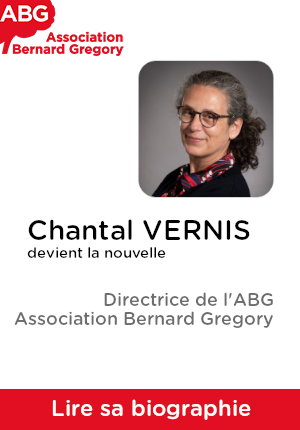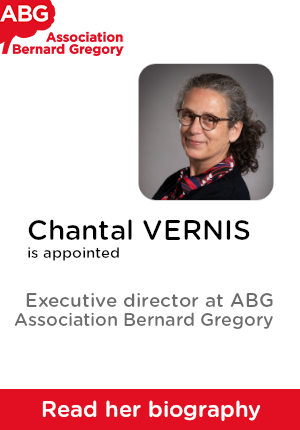Hybrid neural method for radiative transfer modelling in astrophysics
| ABG-130398 | Sujet de Thèse | |
| 02/04/2025 | Autre financement public |
- Physique
- Mathématiques
- Physique
Description du sujet
Supervision
Pierre Ocvirk (OBAS, Strasbourg)
Laboratory and team
OBAS, Strasbourg - Team "CDS"
Subject description
This project develops a hybrid approach combining classical numerical methods with neural networks to efficiently simulate radiative transfer in astrophysical simulations, particularly for the Epoch of Reionization. Current models like M1 compromise between precision and computational cost but have physical fidelity limitations. The project extends the Micro-Macro methodology developed for the M1 model using Physics-Informed Neural Networks (PINNs). It aims to design an optimal neural network architecture that captures radiative transfer physics by exploiting symmetries and physical constraints. The approach will be systematically evaluated against traditional methods and applied to classical tests from the literature. The three-year plan includes: (1) mathematical formulation of the micro-macro problem and implementation in 2D using the SCIMBA framework; (2) extension to 3D and development of physical regularization terms; (3) exploration of coupling strategies with Dyablo (https://github.com/Dyablo-HPC/Dyablo) and parallelization for massive simulations. The project emphasizes computational efficiency, documentation, and usability to ensure adoption by the scientific community.
Related mathematical skills
The candidate must be proficient in partial differential equations and their numerical analysis. Skills in machine learning, particularly neural networks with PyTorch/TensorFlow libraries, are essential. Familiarity with kinetic equations and radiative transfer models will be appreciated. Experience in scientific computing and parallel programming is desirable. Basic knowledge of numerical astrophysics, although not essential, would be an asset. The candidate should demonstrate the ability to combine mathematical theory with efficient numerical implementation.
Prise de fonction :
Nature du financement
Précisions sur le financement
Présentation établissement et labo d'accueil
IRMIA++ is one of the 15 Interdisciplinary Thematic Institute (ITI) of the University of Strasbourg. It brings together a research cluster and a master-doctorate training program, relying on 12 research teams and 9 master tracks.
It encompasses all mathematicians at Université de Strasbourg, with partners in computer science and physics. ITI IRMIA++ builds on the internationally renowned research in mathematics in Strasbourg, and its well-established links with the socio-economic environment. It promotes interdisciplinary academic collaborations and industrial partnerships.
A core part of the IRMIA++ mission is to realize high-level training through integrated master-PhD tracks over 5 years, with common actions fostering an interdisciplinary culture, such as joint projects, new courses and workshops around mathematics and its interactions.
Site web :
Profil du candidat
Selection will rely on the professional project of the candidate, his/her interest for interdisciplinarity and academic results.
Vous avez déjà un compte ?
Nouvel utilisateur ?
Vous souhaitez recevoir nos infolettres ?
Découvrez nos adhérents
 Tecknowmetrix
Tecknowmetrix  MabDesign
MabDesign  ASNR - Autorité de sûreté nucléaire et de radioprotection - Siège
ASNR - Autorité de sûreté nucléaire et de radioprotection - Siège  TotalEnergies
TotalEnergies  PhDOOC
PhDOOC  Laboratoire National de Métrologie et d'Essais - LNE
Laboratoire National de Métrologie et d'Essais - LNE  Nokia Bell Labs France
Nokia Bell Labs France  CASDEN
CASDEN  MabDesign
MabDesign  Ifremer
Ifremer  ONERA - The French Aerospace Lab
ONERA - The French Aerospace Lab  CESI
CESI  Aérocentre, Pôle d'excellence régional
Aérocentre, Pôle d'excellence régional  Généthon
Généthon  ANRT
ANRT  Groupe AFNOR - Association française de normalisation
Groupe AFNOR - Association française de normalisation  SUEZ
SUEZ  ADEME
ADEME  Institut Sup'biotech de Paris
Institut Sup'biotech de Paris
-
Sujet de ThèseRef. 130176Strasbourg , Grand Est , FranceInstitut Thématique Interdisciplinaire IRMIA++
Schrödinger type asymptotic model for wave propagation
Expertises scientifiques :Mathématiques - Mathématiques
-
EmploiRef. 130080Paris , Ile-de-France , FranceAgence Nationale de la Recherche
Chargé ou chargée de projets scientifiques bioéconomie H/F
Expertises scientifiques :Biochimie
Niveau d’expérience :Confirmé







